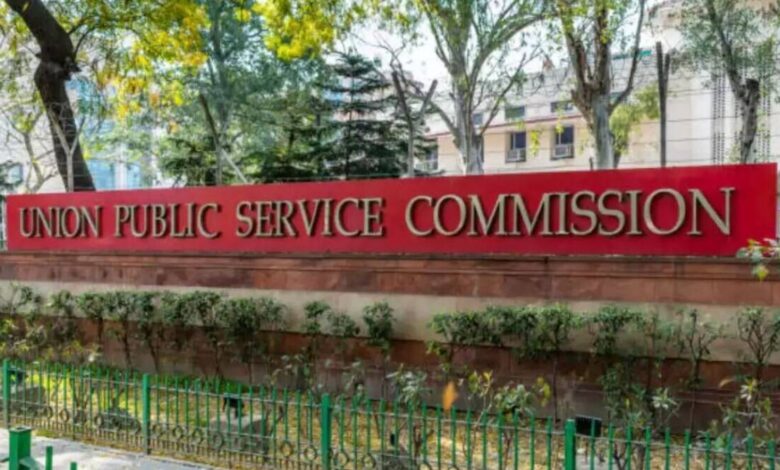Central govt imposes penalty on Sriram’s IAS for misleading claims regarding UPSC results
Coaching Institutes and online edtech platforms use pictures and names of same successful candidates to influence prospective aspirants (consumers), without disclosing the courses opted by such candidates & length of the course so attended.

The Central Consumer Protection Authority (CCPA) has imposed penalty of Rs 3 lakh for misleading advertisement on Sriram’s IAS, the Ministry of Consumer Affairs, Food & Public Distribution said on August 18.
The decision was taken to protect & promote the rights of consumers as a class and ensure that no false or misleading advertisement is made of any goods or services which contravenes the provisions of the Consumer Protection Act, 2019, the ministry said.
Sriram’s IAS in its advertisement made the following claims-
- “200 plus selections in UPSC Civil Service Exam 2022”
- “We are India’s No.1 Prestigious UPSC/IAS Coaching Institute”
CCPA found out that it Sriram’s IAS advertised various types of courses but the information with respect to the course opted by the advertised successful candidates in above mentioned UPSC Civil Service exams results was deliberately concealed in the advertisement. This has the effect of consumers falsely believing that all the successful candidates so claimed by the Institute had opted for the paid courses advertised by the Institute on its website.
Section- 2(28) (iv) of Consumer Protection Act talks about misleading advertisement in relation to deliberately concealing important information. Information regarding the course opted by successful candidates is important for the consumers to know so that they can make informed choice while deciding which course and coaching institute to join.
Sriram’s IAS in its response submitted the details of only 171 successful candidates against its claim of 200 plus selections in UPSC CSE 2022. Out of these 171 candidates, 102 were from Free Interview Guidance Programme (IGP), 55 were from Free Test Series, 9 were from GS Classroom course and 5 candidates were from different States under the MoU signed between the State Government and the Institute to provide free coaching. This fact was not disclosed in their advertisement, thereby deceiving consumers.
In view of the violation of the Consumer Protection Act, 2019, the CCPA, headed by Chief Commissioner, Nidhi Khare, and Commissioner, Anupam Mishra has issued an Order against Sriram’s IAS for misleading advertisement regarding UPSC Civil Service Exam 2022.
Coaching Institutes and online edtech platforms use pictures and names of same successful candidates to influence prospective aspirants (consumers), without disclosing the courses opted by such candidates & length of the course so attended.
It is a well-known fact that successful candidates of Civil Services Examination have to clear all the 3 stages of Exams. Viz., Prelims, Main Exams and Personality Test (PT). While Prelims is a screening test, the marks obtained in both Mains Exams and Personality Test are counted for getting finally selected. The total marks for Main Exams and PT are 1750 and 275 respectively. Thus contribution of Personality Test is 13.5% in the total marks. Majority of candidates had already cleared Preliminary and Mains examination by himself/herself, with no contribution of Sriram’s IAS. By concealing this important fact, such false & misleading advertisement creates huge impact on those consumers who are UPSC aspirants without letting them know that Sriram’s IAS had offered guidance to only such successful candidates who had already cleared Preliminary and Mains examination of UPSC examination. Thus, the advertisement has violated the consumer’s right to be informed so as to protect himself against unfair trade practice.
Nidhi Khare, Chief Commissioner of CCPA, emphasised that an advertisement shall contain truthful & honest representation of facts by disclosing important information in such a manner that they are clear, prominent and extremely hard to miss for consumers. She highlighted the importance of consumer rights and the obligation of advertisers to provide accurate information to consumers.




